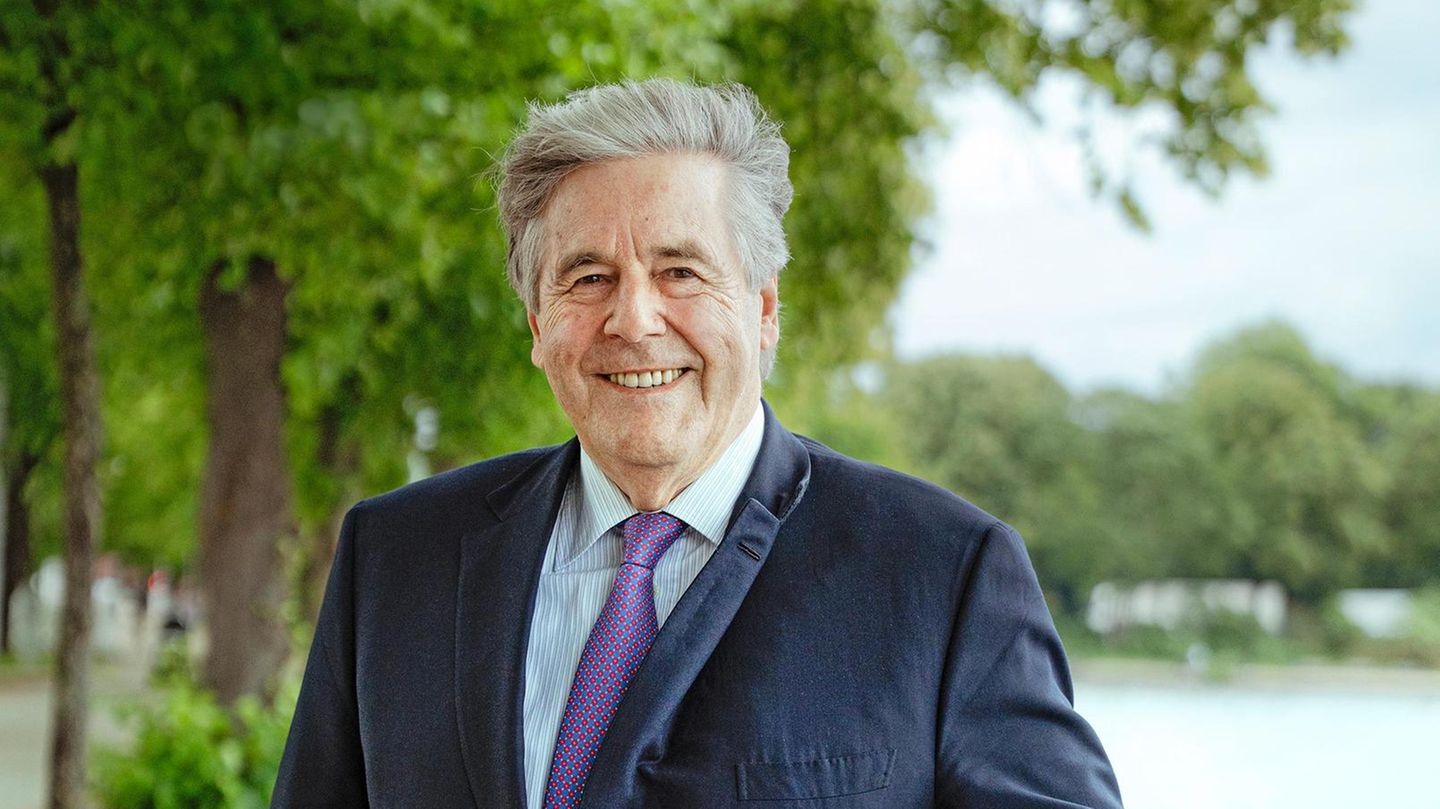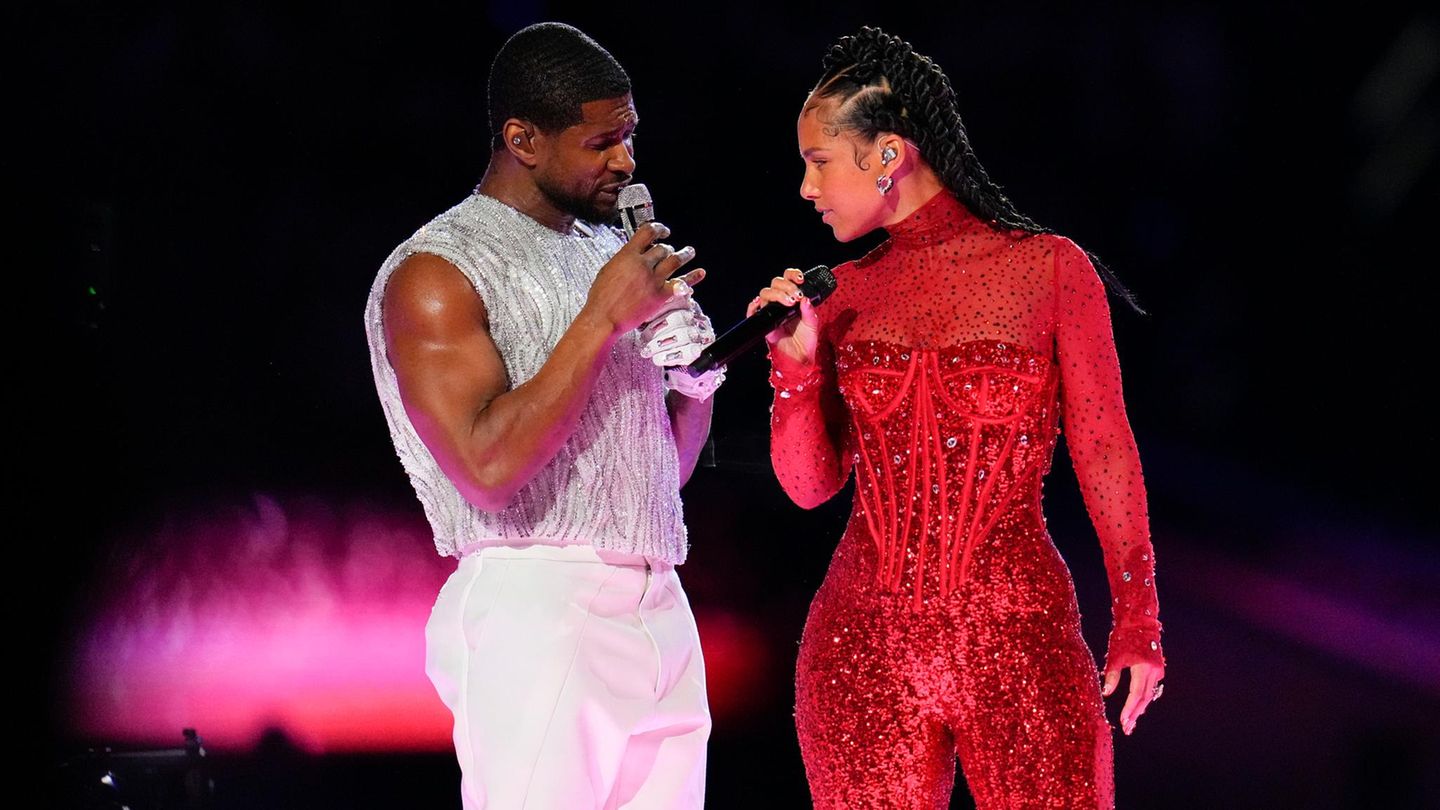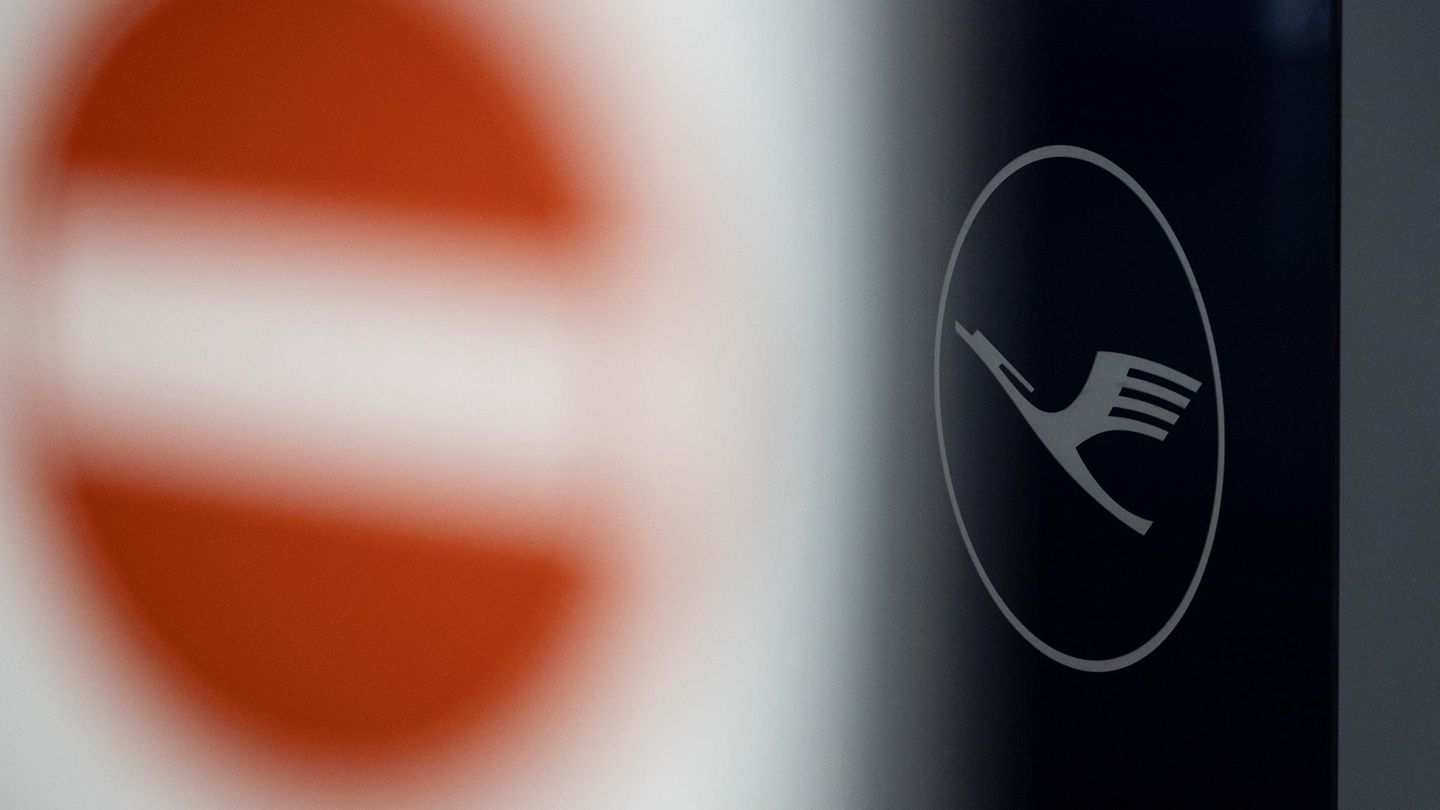According to an initial projection by the ARGE, the ÖVP defended first place for the APA (4:05 p.m.) in the state elections in Upper Austria on Sunday. At 36 to 37 percent, however, it stayed with its 2015 result. Second place goes to the FPÖ (around 20 percent), ahead of the SPÖ (19) and the Greens (12). The vaccine skeptics MFG (“Human-Freedom-Basic Rights”) move into the state parliament with around 7 percent, the NEOS have to tremble about the move.
The vaccination skeptics of the MFG are the surprise of the Upper Austria election. They are moving into the state parliament with more than seven percent, while the NEOS still have to tremble. The ÖVP remains at the top with small profits, the FPÖ despite heavy losses ahead of the SPÖ. The greens are increasing slightly. The People’s Party can now either continue to form a coalition with the FPÖ, the SPÖ or perhaps with the Greens.
According to current projections by ARGE Wahlen for the APA and SORA for the ORF, the ÖVP defended first place in the state elections in Upper Austria on Sunday with around 37 percent, which is only a small plus after the crash from six years ago to 36 percent . State managing director Wolfgang Hattmannsdorfer was nevertheless satisfied. Chancellor Sebastian Kurz (ÖVP) even spoke of a “great” election result for Governor Thomas Stelzer, who was at the center of the People’s Party’s campaign.
Second place in the two projections goes to the FPÖ with around 20 percent ahead of the SPÖ (18 to 19) and the Greens (11-12). FPÖ club chairman Herwig Mahr saw the election goals achieved despite the loss of a third, as the Freedom Party stayed in front of the SPÖ and had a 2 before the result. In the SPÖ one hoped for an improvement through the results in the big cities. In the case of the Greens, the coalition option could disappear in the course of the evening if the NEOS still manage to move in. State manager Ursula Roschger was nevertheless proud of the slight increase compared to a good ten percent six years ago.
The surprise of Election Day are the vaccination specialists of the MFG (“Human-Freedom-Fundamental Rights”). You are moving into an Austrian state parliament as the 16th party with around seven percent. One of their representatives, Gerhard Pöttler, was correspondingly euphoric and did not want to be pushed into a sectarian corner in the ORF interview but emphasized that they stand up for freedom of choice.
It was trembling for the NEOS, which in previous projections was around 3.9 to four percent. It would take at least four percent to move into the state parliament.
A not so insignificant aspect of the election concerns the Federal Council. There the opposition loses its blockade majority, as one seat is moving from the FPÖ to the ÖVP, which means that it will no longer be possible to delay laws that have passed the National Council with the majority of the ÖVP and the Greens.
Surprise and joy at MFG
Joachim Aigner, the top candidate on the MFG (Human Freedom Fundamental Rights) list, was full of joy and also a little surprise: The success is “certainly due to the fact that we traveled a lot as a team, we did over 100 election events”. One wants to take care of the Corona, but also other issues in the state parliament.
Linz. He sees the recipe for success in the fact that the MFG people are “citizens of society”. “We know exactly where people’s worries and problems lie.” In the state parliament one wants to deal primarily with corona measures – “we have always tried to restrict measures that are not evidence-based” – but we also have approaches in the area of education, children, youth and family, where there is a lot to be reformed, in the health and social sectors “, as well as in small businesses.
The FPÖ and SPÖ react cautiously
Unsurprisingly, the FPÖ and SPÖ reacted cautiously to the forecast election result. The Upper Austrian FPÖ club chairman Herwig Mahr saw despite the loss of a third (from 30 to 20 percent) of the votes, according to the first projections, both election goals for his party had been achieved: “The two in front and we are clearly the second strongest force”. To what extent the good performance of the MFG took away votes from the FPÖ, “the election analysis will show”.
Oö. SPÖ state manager Georg Brockmeyer emphasized after the first extrapolation, which showed the SPÖ gains, that they had “had a really good election campaign”. “It is a neck-and-neck race with the FPÖ,” as the Reds had predicted from the start. Before 5 p.m., top candidate Birgit Gerstorfer did not want to comment on the extrapolation.
The mandate of club chairman Michael Lindner is uncertain, he would not be in the state parliament – based on the 2015 result.
The state manager of the Greens, Ursula Roschger, was “very proud and happy” according to the first extrapolation. The new team has made a good start and now there is the chance to “go the way from old thinking to future thinking”. The result of the MFG was surprising for everyone – and also for the Greens – the FPÖ had in any case been deprived of responsibility. The governor has announced that he will talk to everyone and the Greens are in any case ready to take responsibility for Upper Austria.
NEOS campaign manager Julian Steiner spoke in a first statement of a “tremendous game” and “something to bite your nails”. But he was confident that the party would jump over the 4 percent hurdle, “because now the larger congregations are coming, because now the congregations are coming where we were on the road with community teams”. One now has to look from extrapolation to extrapolation.
Kurz sees “great election result”
Federal Chancellor and ÖVP boss Sebastian Kurz was satisfied after the first projections about the result of the state elections in Upper Austria and congratulated Governor Thomas Stelzer on the “great election result”. The high level of approval is “an expression of the excellent work” in recent years. ÖVP General Secretary Axel Melchior particularly emphasized the “immensely large gap” on the FPÖ, which according to the election prognosis was second.
Kurz was also pleased about the first known results of the municipal and mayoral elections, which “can be assessed as extremely positive”. The ÖVP is thereby “consolidating its position of supremacy as the mayor’s party in Austria,” says Kurz.




